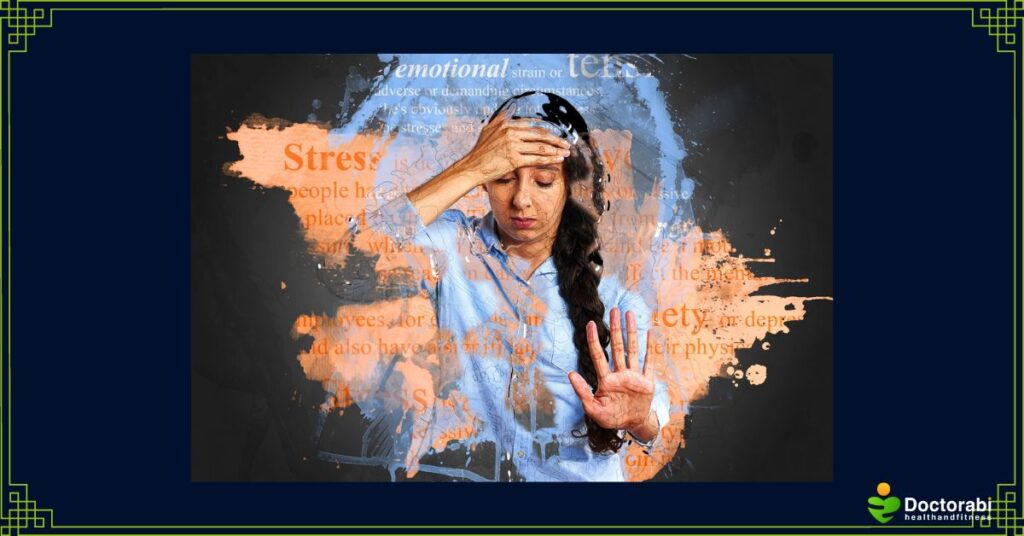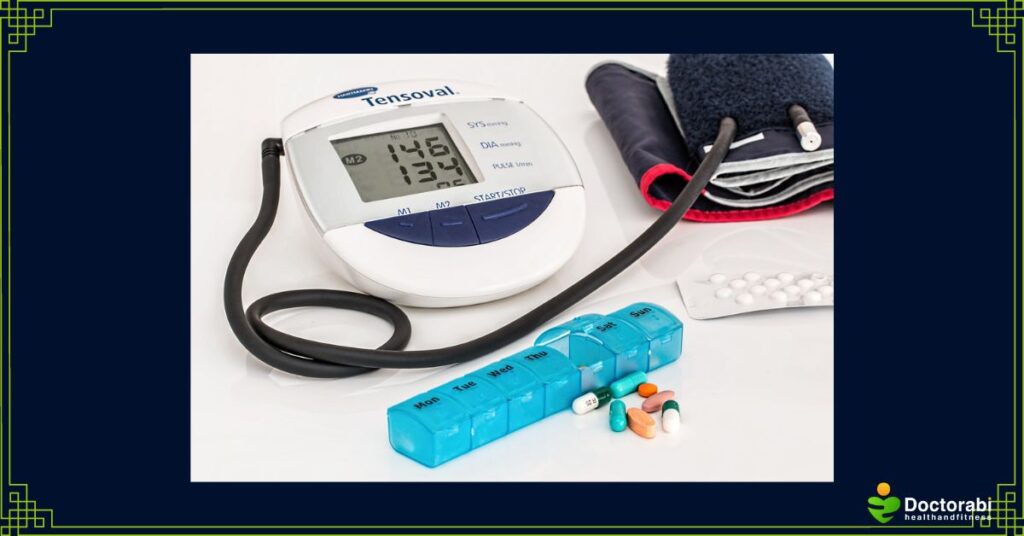You are probably going through some form of stress right now. Indeed, most of life’s occurrences are stressful. As we celebrate Valentine’s Day today, did you know that Valentine’s Day can cause undue stress on our hearts? Studies show that Valentine’s Day can cause stress similar to the stress we experience during traditional holidays like Christmas. And the stress is worse when we do not receive a Valentine’s Day gift! In fact, not receiving a gift on Valentine’s Day can lead to depression in both men and women. So, what is the relationship between stress and your heart? How can we minimize the effects of stress on our hearts and physical and mental well-being? First, let’s understand what stress is.

What is stress?
Stress is how your body responds to anything that requires your action or attention. We are stressed when we experience any event that causes physical, emotional, or psychological strain. Stress is not a bad thing by itself. An appropriate amount of stress is how we grow and function optimally. However, too much stress can be overwhelming and can be harmful to us. So, first, we want to identify what causes stress for us. Secondly, we must learn how to cope with stress to stay healthy.

Causes of stress
Almost anything can cause stress. What one person considers stressful may be nothing to somebody else. The truth is that we all respond very differently to the various events we face. Moreover, it does not matter if the event is good or enjoyable. For example, watching your favorite team play in the World Cup finals can lead to a series of events in your body that can ultimately cause a heart attack.
So, what other events can you think of, good or bad, that may cause stress?

10 most stressful life events
According to the Holmes-Rahe Stress Scale, these are the top 10 most stressful life events:
1. Death of a spouse
2. Divorce
3. Marital separation from mate
4. Detention in jail or other institution
5. Death of a close family member
6. Major personal injury or illness
7. Marriage
8. Being fired at work
9. Marital reconciliation with a mate
10. Retirement from work
As you can see, a lot of us are going through one form of stress or the other, but we may be unaware that we are experiencing stress. Now, how do we know when we are stressed?

Manifestations of stress
The symptoms of stress can be varied and non-specific, so you have to be familiar with some of the ways stress may present. Stress can manifest as:
1. Fear, worry, or inability to relax
2. Inability to sleep
3. Overeating or loss of appetite
4. Trouble concentrating
5. Tiredness
6. Headaches, back pain, or stomach pain
7. Trouble breathing
8. Increased heart rate
9. Worsening of pre-existing health conditions, such as hypertension, depression, etc.
10. Increased use of alcohol, tobacco, and other drugs
Apart from a rapid increase in your heart rate, is there any other relationship between stress and your heart?

Stress and your heart
Acute stress activates the “fight or flight” response in your body. The rush of adrenaline and noradrenaline causes your heart to need more oxygen while reducing the oxygen supply to your heart. These changes increase your risk of having an irregular heart rate and developing a blood clot in your heart.
Secondly, being under constant stress and not finding ways to cope with it may lead to high blood pressure. High blood pressure can increase your risk for heart attack and stroke.
Also, stress can cause increased inflammation in your body. Increased inflammation can ultimately lead to higher blood pressure and lower “good” HDL cholesterol, which can harm your heart.
Finally, stress can cause you to engage in behaviors that are harmful to the heart, such as smoking, unhealthy eating, and lack of physical activity.
Undoubtedly, we want to prevent all these effects of stress on our health and our hearts. Now, how can we cope with stress?
How to cope with stress
1) Exercise regularly

Aim for at least 150 minutes of moderate-intensity exercise per week for heart health. In addition to its other health benefits, exercise can directly lower stress. If you exercise regularly and are exposed to stress, your blood pressure and heart rate will not go up as high as people who do not exercise. For more on exercising as part of a healthy lifestyle, check out “The Number One Killer of Women.”
2) Maintain social connections
Having a solid support network of people you trust and can talk to, or belonging to a social organization, can lower your stress level and your risk of heart disease.
3) Sleep adequately
Aim for at least seven to eight hours of sleep a night. Sleep helps to repair and rejuvenate our bodies while reversing the effect of stress.
4) Stay positive
Being optimistic and maintaining a positive attitude helps you handle everyday stress more easily.
5) Find ways to relax

Engage in hobbies and enjoyable activities that make you feel more relaxed. It could be reading a book, listening to music, journaling, etc.
6) Limit media time
Spending too much time on social media or watching television can be tiring and stressful. Moreover, limiting media time frees your time so you can focus on less stressful activities.
7) Seek professional help
Discuss your stress levels with your healthcare provider. They can help you find ways and programs to manage stress and reduce your risk of heart disease.
Final thoughts

How stressed are you? To give you an idea of your stress level based on the events happening in your life, you can take the stress inventory scale below.
A score of 150 points or less means you are experiencing a relatively low amount of stressful events and are unlikely to experience a stress-induced health breakdown.
If you scored 150 to 300 points, there is a 50% chance you will experience a health breakdown in the next 2 years.
Finally, a score of 300 points or more signifies an 80% chance of health breakdown in the next 2 years, according to the Holmes-Rahe statistical prediction model.
So, where do you fall on the scale? And also, remember that your score can change over time depending on the events in your life. The higher your score, the more actions you need to take to reduce your stress levels. However, no matter where you fall, we all need ways to cope with stress to minimize the effects of stress on our hearts and bodies. So, let’s be proactive this Valentine’s Day and beyond and protect our hearts by saying “No” to stress! Happy Valentine’s Day!
Please feel free to share your comments below and also share this article.
Yours in health and fitness,
Doctor Abi

